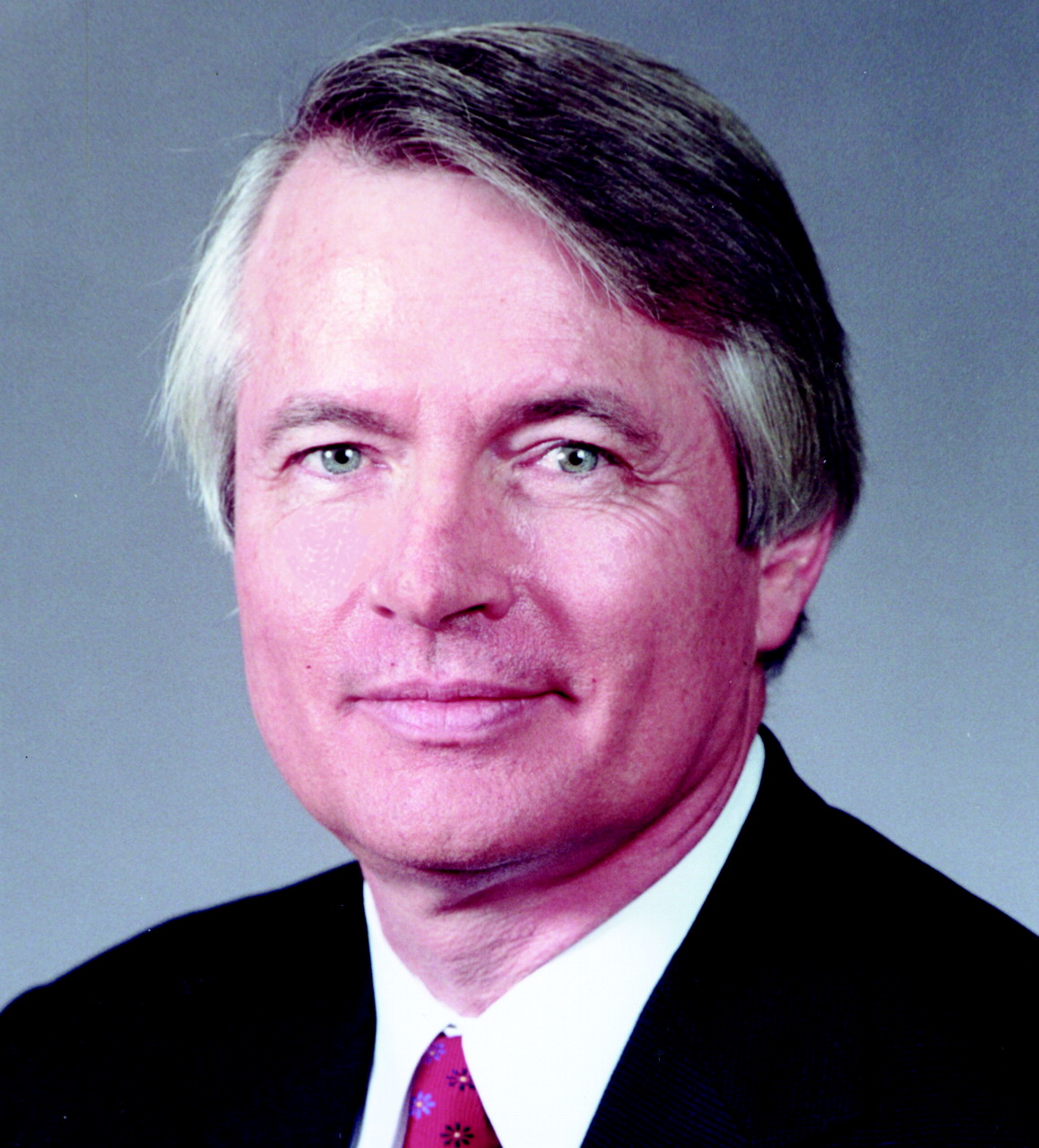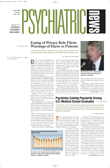I was awakened this morning by the phone ringing at 1:30 a.m. I wasn’t on call. Through a static-filled telephone line, I heard the voice of my son for the first time in six weeks. He is deployed in Afghanistan with the 101st Airborne Division, and communication has been limited.
I am sure many of you have been on one end or the other of a similar conversation—an adult son or daughter checking in with the parents, letting them know that he or she is O.K. and is carrying out his or her obligations. As a parent, I was eager to learn all I could about my son’s daily activities but was limited by his inability to tell me where he was or what his specific duties were for security reasons. I, of course, wanted to give him advice and “words of wisdom” that might increase his chances of success and prevent injury or worse.
At the close of the all-too-brief 10-minute call, I managed to say something like, “Stay focused on your duties, Rich. Don’t get distracted.”
Since 9/11 many things have changed for individuals in this country and in the world. It is often hard for individual psychiatrists to stay focused on our real obligation, which is to assure access to quality care for our patients. Each of us must take the time and energy to rededicate our professional life to those we serve. If our professional decisions are based around what is best for the patient first and what is best for our profession and practice of medicine second, we will be focused on what is truly important.
The burden of mental illness is enormous. We know that the direct cost of mental health, diagnosis, and treatment is around $70 billion a year in the U.S., and lost productivity and disability insurance payments total more than $70 billion a year. We know that mental illness decreases productivity in our workforce by increasing absenteeism, turnover in key positions, safety problems, and suboptimal performance (presenteeism).
It is our responsibility to show our patients and their employers, who often provide health insurance, that our diagnostic and treatment programs are effective and that those with mental illnesses are deserving of broadly trained and highly skilled psychiatrists who will do the right thing the first time and provide specific and effective treatments.
We will stay focused and provide for continuing competence among our members, continually educate employers and the government about mental health in the workplace, and provide the highest quality psychiatric services available anywhere to our patients. We must stay focused. We have a duty. ▪

